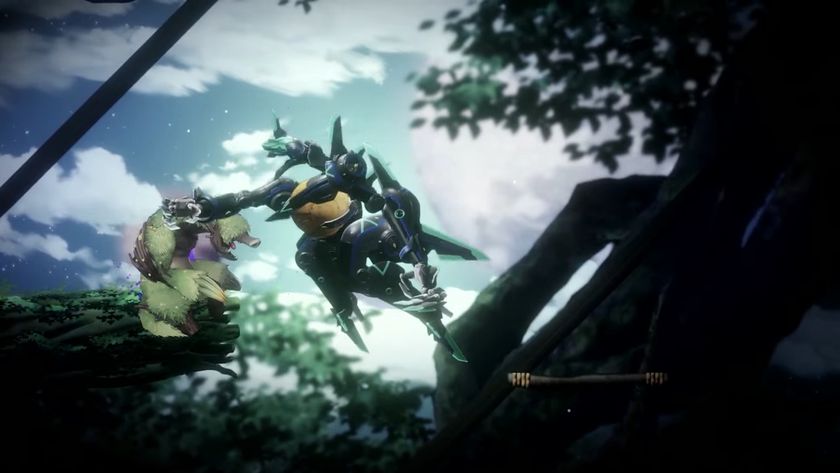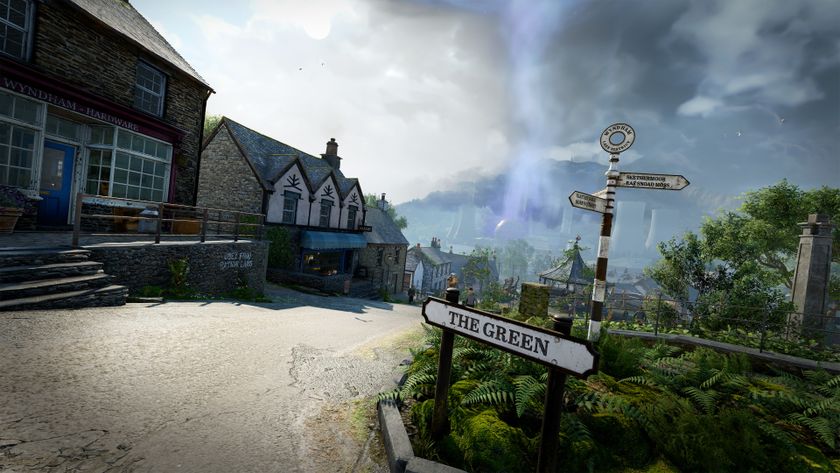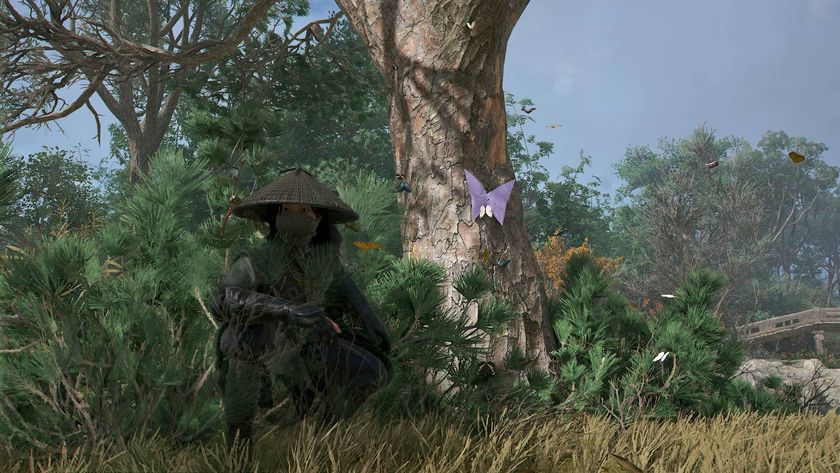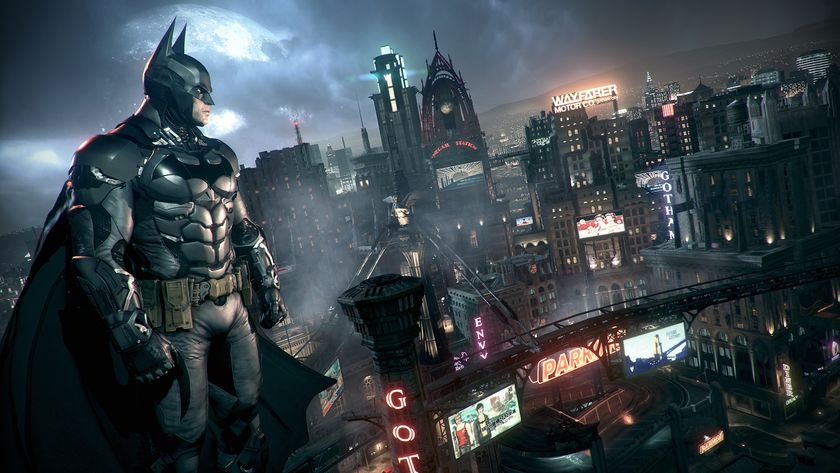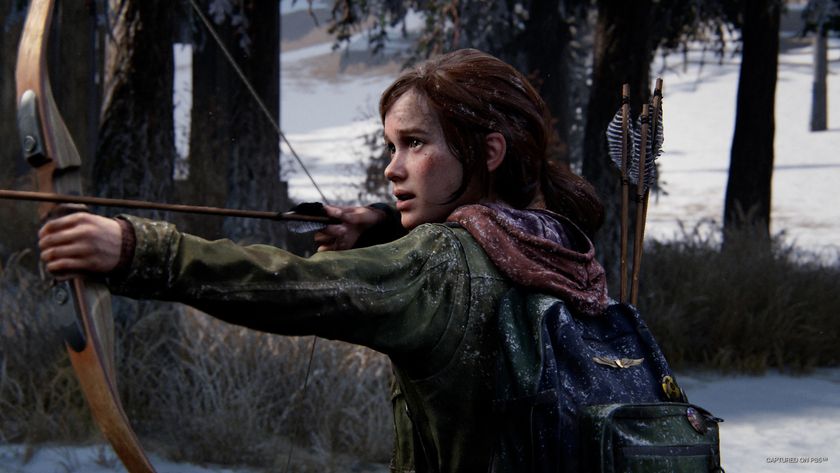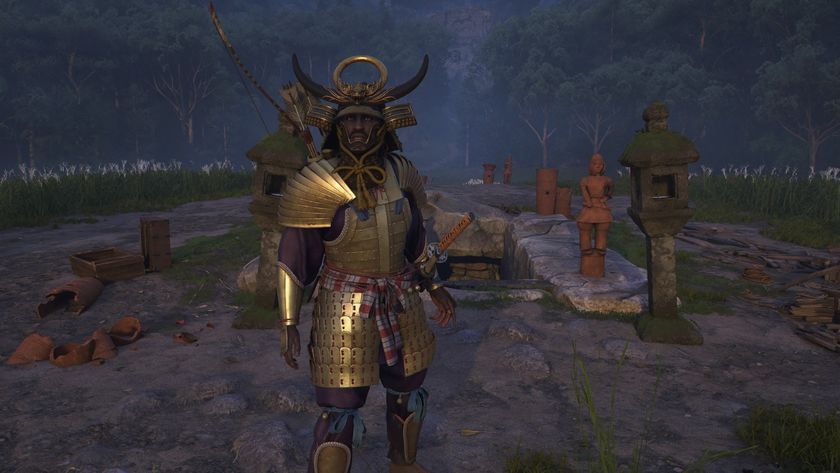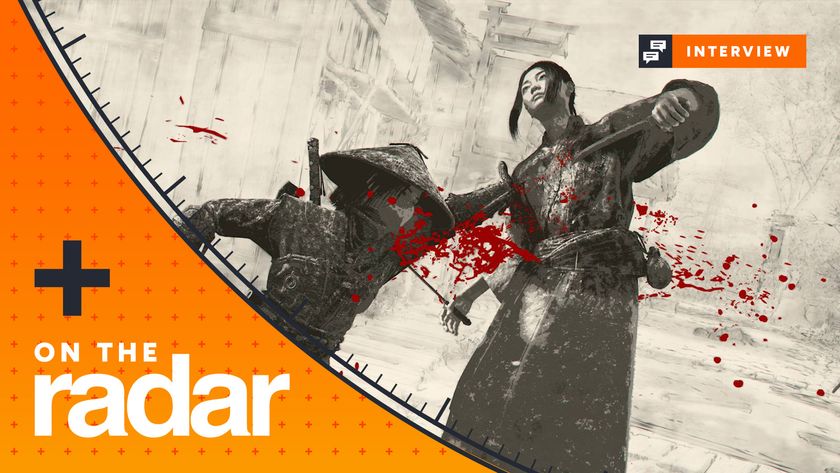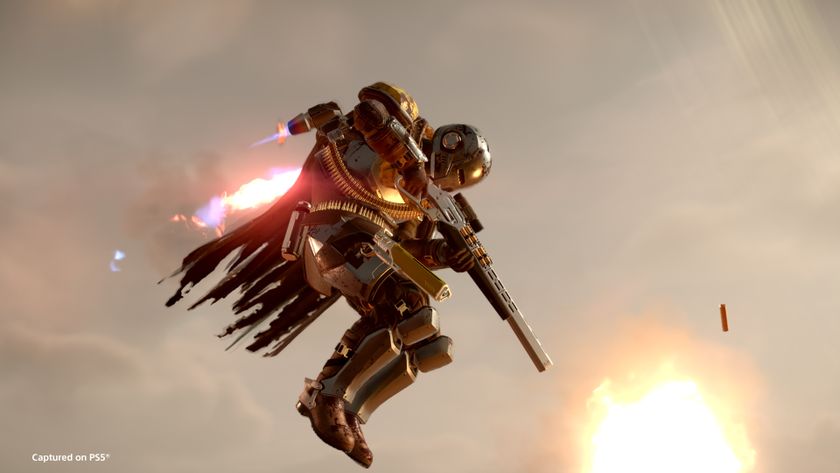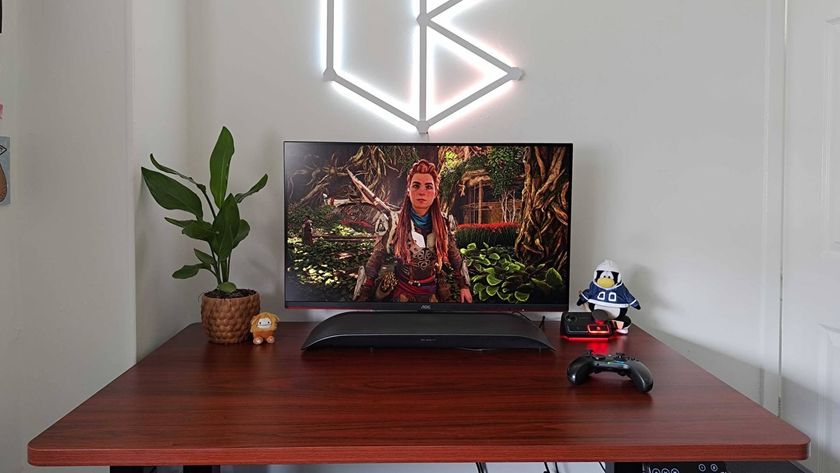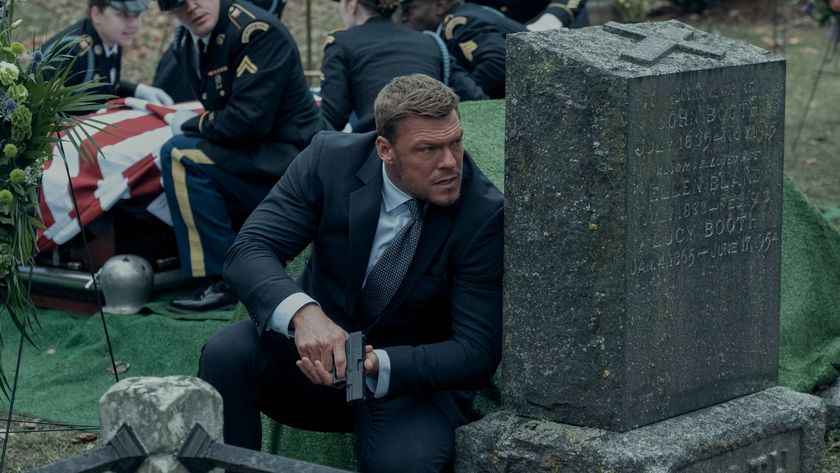What is the future of FPS?
At this moment in time, first-person shooters *are* gaming. I don't think that's an unreasonably sweeping statement. Call of Duty, Titanfall, Halo, Bioshock, Destiny, Borderlands… you can dress up the action in whatever environment, period or graphical style you like, but the core experience of seeing through the eyes of a gun-toting badass and shooting dudes in the face is fundamentally the same and instantly recognisable. It's easily been the most popular style of game for the past five years, but I'll tell you right now: its popularity won't last forever. Not unless it changes to stay fresh and relevant.
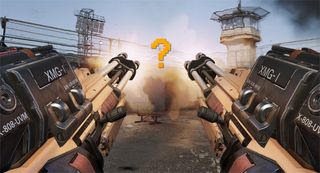
Don't believe me? Look at the Star Wars-inspired space shooters of the 1980s. The platformers of the early 1990s. The racing games of the mid-'90s and the rhythm action titles of the noughties. They were everything, but where are they now? Sure, there are still occasional great games in those genres like Resogun, Link, GRID Autosport and… er… Theatrythm (cough), but they no longer control the industry like they once did. Even the open-world GTA clone sandbox game has started to decline.
So while I was at Gamescom recently, I was looking for signs of change. If not an entirely new line of evolution, then at least a different approach to FPS design. And I have to say, fresh ideas are thin on the ground.
The most reliable source of future predictions is to see what's happening in the most influential series of the present. So it's important to note that this is a year of considerable change for Call of Duty. Despite Advanced Warfare's slightly tricksy methods of keeping people playing, it does/will offer the biggest shake-up in terms of core gameplay since CoD4, back in 2007. The near-future, scientifically plausible EXO Suit's advanced maneuverability opens up new verticality in the levels. And this in turn means the possibility for the introduction of large-scale environmental hazards… like a tsunami.

The tsunami is a fantastic idea because the match takes part as usual, but then everyone has to get to higher ground or get killed by the impact. It looks like you'll only know it's coming by physically looking at the arriving swell and judging its distance and approach speed. Could similar environmental hazards be the way forward for CoD? I asked Mike Megia, producer at Sledgehammer Games, and told me: "We wanted to do that for a map where it makes sense. You're near the Golden Gate Bridge, you're near water, it made sense to do that there. We wouldn't want to shoehorn it in."
"At the end of the day, when you do that, you're not focusing on the gameplay of the map itself. But when you look like maps like Biolab, they're all sectional pieces of the laboratory. It's all being shifted around. So we thought 'what if it's all actually being moved?', so a crane comes in and drops in a new room. So suddenly there's a new room in the map."

Another clever idea. And one that literally augments the experience. It's also a great leveller. You can't learn a map's layout and camp around bottlenecks if the layout is always changing. I do get the impression the Advanced Warfare overhaul has been brought on by a need for change, to avoid stagnation. But not many other FPS titles are following its lead.
Sign up to the 12DOVE Newsletter
Weekly digests, tales from the communities you love, and more
Aside from CoD's commendable shake-up of the series' recent overly-familiar experience, other individual games didn't seem to offer much new at all. Obviously the Master Chief Collection can only offer improved aesthetics as it's an authentic remaster of old-school classics. But Borderlands: The Pre-Sequel's reduced gravity gimmick doesn't significantly alter the experience. It's just a great game anyway. Likewise, even Evolve, which seems to pride itself on trying something a bit different, isn't massively removed from the gameplay of Left 4 Dead.

Perhaps the only other game to try something radically different is Titanfall. You could argue that Titan-piloting is just an overpowered version of a regular FPS gameplay (with the added glee that comes from stepping on tiny, insignificant people), but the non-Titan gameplay is all about the effortless environment traversal. This freedom of movement really is a new direction for FPS and, with the gaming world adopting Assassin's Creed's ease of climbing, that is something that will likely be seen in plenty more FPS titles going forward.
But perhaps even the most bog-standard corridor-shooter could be made to feel completely new with the Oculus Rift, or Project Morpheus. Aside from racing games which arguably best fit the 'sit down but look around an amazing game world' act of using a VR headset in your home, FPS games are the most likely to be given a new lease of life when Virtual Reality finally becomes an actual reality.

The whole point of the first-person viewpoint is to make you feel like you're in the game. Fundamentally, the act of shooting something or someone works identically in third-person, but there's a reason most people play Quake or even Skyrim in first-person. Gamers want to feel like they're there. And that massive gun bobbing around in front of you like you're holding it is pure fantasy. Yes, escapism if you like. First-person works for me because I want to hold the gun, not control some guy who's holding the gun. In VR, that feeling of actually holding the gun is amplified, because (with the aid of a camera tracking your movements) you can move your real head and get a closer look at it.
Of course, we need VR gloves that actually work to fully realise this vision. The first time I tried Oculus Rift, I was freaked out when I waved my hand in front of my face in what my eyes were telling me was a sufficiently lit room, and no hand appeared in front of me. The game had no way of knowing what my hands were doing. And I don't think even Kinect 2.0 could provide sufficient clarity of movement recognition, even if it were hooked up to a VR headset. We probably need gloves with sensors. How else will it know that I'm actually gripping the chair with white knuckles for fear of falling out of it?
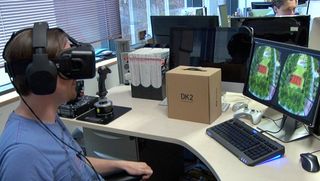
But if full envelopment in the environment is the next step for FPS, the environment itself will suddenly take on more importance. And that's probably where Destiny's advancements come in. Taking the FPS into the MMO space is a way to forward the genre without really changing any of its core gameplay. There is a reason people call Destiny 'Halo the MMO', as it's a very familiar experience, just in a larger environment and with random people running around. And it's little surprise the PvP 'Crucible' area plays a lot like a regular online shooter, immediately taking away the sense of freedom the rest of the game works so hard at creating. And judging by the experience suggested by the beta, the world itself (or 'universe' as I should probably say) still seems to offer just the usual objectives, use of cover and headshots as every other shooter. The scale is just larger.

I do believe the FPS experience will need to become more detailed if it's going to feel truly new-gen. The bones of contemporary shooters feel too similar to the lower-poly versions we were playing in 2004. And ten years is a long time for any one game type to go without changing significantly. But if the budget for bringing Halo's gameplay into the MMO space is indeed $0.5billion, a Matrix-level of freedom and detail in a game world is surely a pipe-dream, even now.
Super-solid environmental changes and hazards, interesting new control opportunities like the EXO Suit in CoD Advanced Warfare and Titanfall's wall-jumping and perhaps more physics-shifting states like Borderlands: The Pre-Sequel are the way forward in the mean-time. But if online play and virtual reality aren't enough to save the genre on its own, I don't really see anything on the horizon--immediate or otherwise--that's going to save the bubble from bursting in the long-run.
Justin was a GamesRadar staffer for 10 years but is now a freelancer, musician and videographer. He's big on retro, Sega and racing games (especially retro Sega racing games) and currently also writes for Play Magazine, Traxion.gg, PC Gamer and TopTenReviews, as well as running his own YouTube channel. Having learned to love all platforms equally after Sega left the hardware industry (sniff), his favourite games include Christmas NiGHTS into Dreams, Zelda BotW, Sea of Thieves, Sega Rally Championship and Treasure Island Dizzy.

